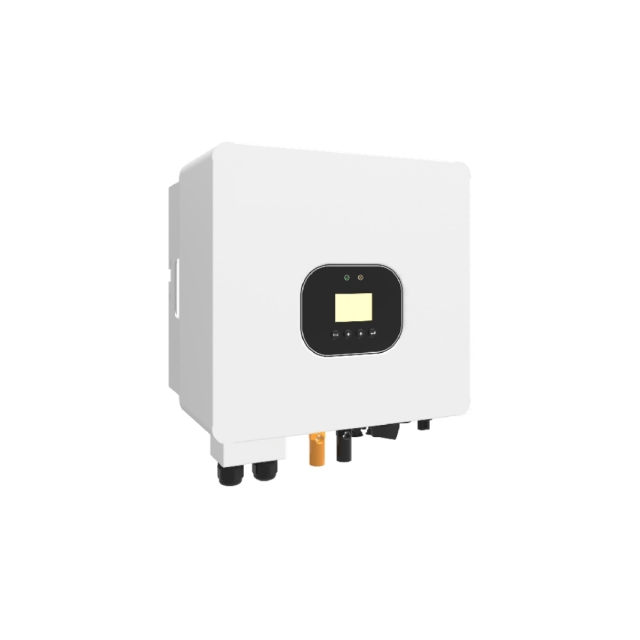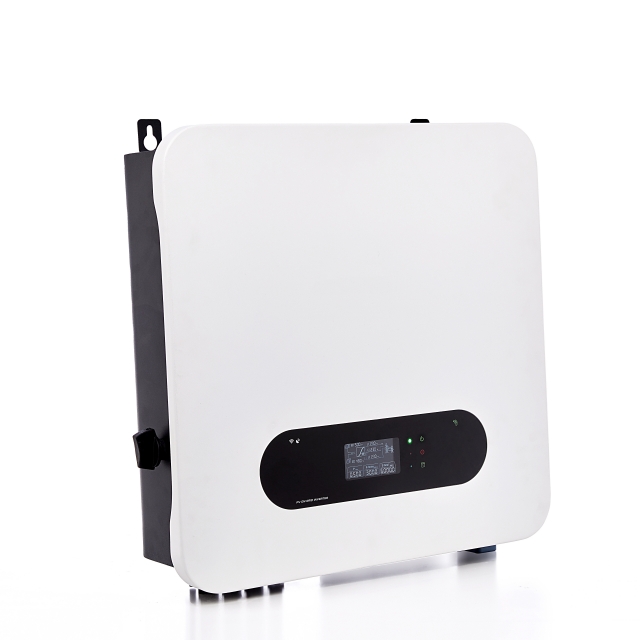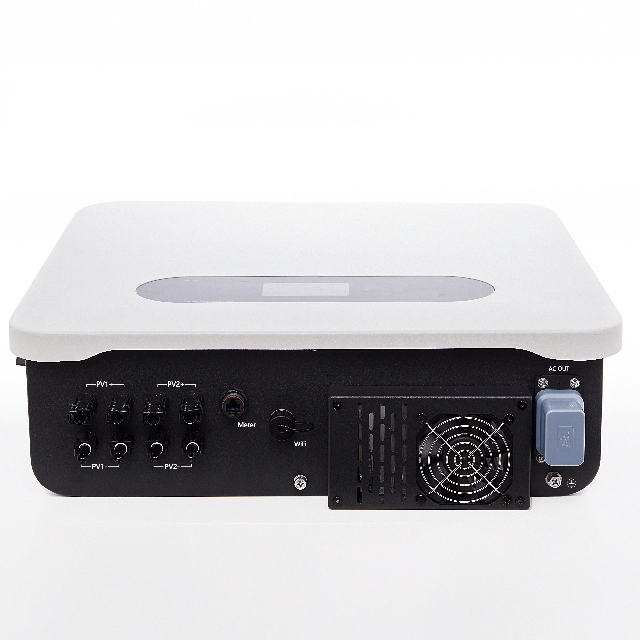Author:BLD Solar Energy SystemFROM:Solar System Converter Manufacturer TIME:2024-01-08
The solar energy industry has seen significant growth over the past decade, with more and more countries and individuals embracing renewable energy solutions. One of the key components driving this growth is the solar EJC hybrid inverter. In this article, we will provide a comprehensive market analysis of the solar EJC hybrid inverter, examining its current state, major players, trends, and future prospects.

The solar EJC hybrid inverter market has experienced robust growth in recent years. The increasing demand for clean and sustainable energy sources has propelled the adoption of solar power systems. The EJC hybrid inverter, which combines the functionality of a traditional inverter and an energy storage system, has emerged as a popular choice for residential and commercial solar installations. The market is characterized by intense competition among several key pla

In the solar EJC hybrid inverter market, several companies have established themselves as dominant players. These include ABB, Schneider Electric, SMA Solar Technology AG, Huawei Technologies Co., Ltd., and Sungrow Power Supply Co., Ltd., among others. These companies compete based on factors such as product quality, reliability, price, and customer service. Currently, SMA Solar Technology

One of the prominent trends in the solar EJC hybrid inverter market is the integration of advanced smart technologies. This includes features like remote monitoring, self-diagnosis, and artificial intelligence algorithms, which optimize system performance and increase energy efficiency. Moreover, the market is witnessing a shift towards modular designs, allowing for scalability and easy expansion of solar power systems. Additionally, there is a growing focus on improving battery storage capabilities, enabling users to effectively manage energy usage and reduce reliance on the grid.
In terms of future prospects, the solar EJC hybrid inverter market is expected to continue its positive trajectory. Factors such as government incentives, decreasing costs of solar power systems, and rising environmental consciousness will contribute to further market growth. Furthermore, advancements in battery technology and the integration of Internet of Things (IoT) solutions are anticipated to enhance the overall functionality and efficiency of solar EJC hybrid inverters. The market is projected to witness significant expansion in both developed and developing regions, with residential and commercial sectors driving the demand.
In conclusion, the solar EJC hybrid inverter market is thriving due to the increasing adoption of renewable energy sources. With the potential to revolutionize the way we generate and utilize electricity, solar EJC hybrid inverters offer immense opportunities for sustainable development. As the market evolves, competition among key players will intensify, leading to continuous innovation and improved product offerings. Considering the favorable market trends and future prospects, investing in the solar EJC hybrid inverter industry holds great promise for both businesses and consumers alike.
